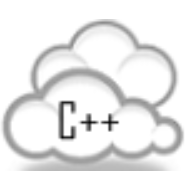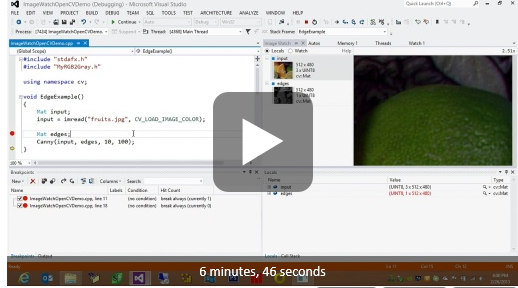Where is C++ used, besides everywhere? -- David Intersimone
 From David I's blog at Embarcadero, a nice summary of where C++ is used with links to more... the next best thing to a "C++ inside" logo.
From David I's blog at Embarcadero, a nice summary of where C++ is used with links to more... the next best thing to a "C++ inside" logo.
Multi-Device C++ is used everywhere on planet Earth and beyond!
In my conversation with Bjarne Stroustrup during the CodeRage 7 C++ Conference (replays of the sessions are available to watch and download) last December, Bjarne talked about how pervasive C++ is in enterprises, infrastructures, major application software and operating platforms. C++ is used to build Operating Systems, Libraries, Applications and Scalable Systems. C++ is used in many different markets on planet Earth and beyond...




